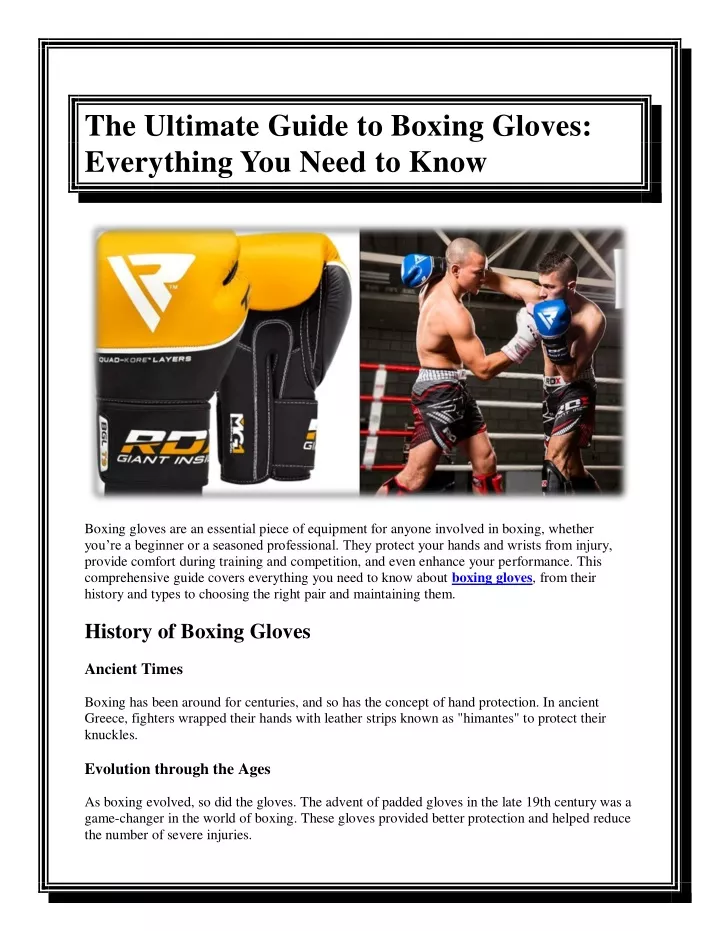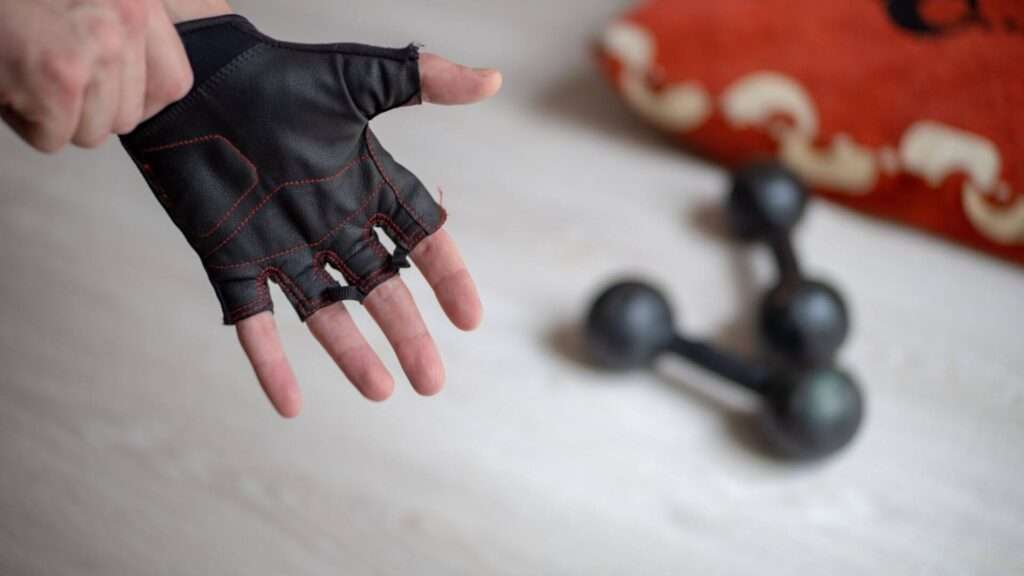Alright folks, let's dive into the deep end of pool maintenance and safety. If you're here, chances are you're looking for the ultimate guide to pool gloves. Whether you're a pool enthusiast or just someone trying to keep their backyard oasis sparkling clean, pool gloves are your best friend. They’re not just some fancy accessory; they’re a necessity if you want to protect your hands while handling chemicals and scrubbing away grime. So, grab a drink, sit back, and let’s get into it.
Now, let’s face it—pool maintenance isn’t exactly glamorous. But it doesn’t have to be unpleasant either. With the right gear, including a solid pair of pool gloves, you can make the whole experience smoother and safer. And hey, who doesn’t want to keep their hands soft and chemical-free while doing chores?
This guide is packed with everything you need to know about pool gloves. From picking the right pair to understanding why they matter so much, we’ve got you covered. So, let’s jump in and make sure you’re ready to tackle your pool like a pro!
Table of Contents:
- Why Pool Gloves Matter
- Types of Pool Gloves
- Key Features to Look For
- How to Maintain Your Pool Gloves
- Benefits of Using Pool Gloves
- Tips for Choosing the Right Pair
- Common Questions About Pool Gloves
- Safety First: Why Pool Gloves Are Essential
- Alternatives to Pool Gloves
- Wrapping It Up
Why Pool Gloves Matter
Listen up, folks. Pool gloves aren’t just a nice-to-have; they’re a must-have. When you’re dealing with pool chemicals like chlorine or muriatic acid, your hands are at serious risk. These substances can cause irritation, burns, and even long-term damage if they come into direct contact with your skin. That’s where pool gloves come in—they act as a shield, keeping your hands safe and your skin healthy.
But it’s not just about chemicals. If you’re scrubbing algae off the pool walls or cleaning out the filter, you’re bound to encounter rough surfaces and sharp debris. Pool gloves provide the protection you need to get the job done without worrying about cuts or blisters. Plus, they make the whole process more comfortable, which means you’re less likely to dread pool cleaning day.
Key Stats on Pool Safety
Did you know that around 5,000 people end up in the ER each year due to pool chemical injuries? And that’s just in the U.S. alone! The majority of these injuries could have been prevented with proper gear, including gloves. So, if you’re thinking about skipping this essential piece of equipment, think again.
Types of Pool Gloves
Not all pool gloves are created equal. Depending on your needs and preferences, there are several types to choose from. Let’s break them down:
- Chemical-Resistant Gloves: These are your go-to if you’re dealing with harsh chemicals. Made from materials like nitrile or neoprene, they offer superior protection against chlorine, acid, and other pool chemicals.
- Grip-Enhancing Gloves: If you’re more concerned about handling tools or scrubbing surfaces, these gloves are perfect. They provide extra grip and durability, making tough jobs easier.
- Waterproof Gloves: While all pool gloves are technically waterproof, some are specifically designed to keep your hands completely dry during extended use. Great for long cleaning sessions.
Each type has its own strengths, so consider what you’ll be using the gloves for before making a decision.
Key Features to Look For
When shopping for pool gloves, there are a few key features you should keep an eye out for:
- Durability: Look for gloves made from high-quality materials that can withstand regular use.
- Comfort: You’ll be wearing these gloves for extended periods, so they need to fit well and feel comfortable.
- Chemical Resistance: If you’re handling chemicals, this is a non-negotiable feature.
- Grip: A good grip makes it easier to handle tools and scrub surfaces effectively.
Don’t skimp on quality—investing in a good pair of pool gloves will save you time, money, and hassle in the long run.
Top Materials for Pool Gloves
Here’s a quick rundown of the most popular materials used in pool gloves:
- Nitrile: Excellent chemical resistance and flexibility.
- Neoprene: Durable and resistant to a wide range of chemicals.
- Vinyl: Affordable but less durable than nitrile or neoprene.
Choose the material that best suits your needs and budget.
How to Maintain Your Pool Gloves
Once you’ve invested in a good pair of pool gloves, it’s important to take care of them. Proper maintenance will ensure they last longer and continue to protect your hands effectively.
Here are some tips for maintaining your pool gloves:
- Rinse After Use: Always rinse your gloves thoroughly with clean water after using them, especially if they’ve come into contact with chemicals.
- Avoid Heat: Don’t expose your gloves to direct sunlight or high temperatures, as this can damage the material.
- Store Properly: Keep your gloves in a cool, dry place when not in use. Avoid folding or crumpling them, as this can weaken the material.
A little care goes a long way in extending the lifespan of your pool gloves.
Benefits of Using Pool Gloves
Still not convinced? Here are some of the top benefits of using pool gloves:
- Protection: Keep your hands safe from chemicals, rough surfaces, and debris.
- Comfort: Make cleaning tasks more comfortable and less painful.
- Efficiency: With the right gloves, you’ll be able to work faster and more effectively.
Who wouldn’t want all of that? Pool gloves are a win-win for anyone serious about pool maintenance.
Real-Life Success Stories
Let’s hear from some real people who swear by their pool gloves:
- John D., Pool Owner: “I used to dread cleaning my pool because my hands would always get irritated. Since I started using pool gloves, it’s been a game-changer.”
- Susan M., Professional Cleaner: “As someone who cleans pools for a living, I can’t stress enough how important it is to wear gloves. They’ve saved my hands countless times.”
These stories prove that pool gloves really do make a difference.
Tips for Choosing the Right Pair
Finding the perfect pair of pool gloves can be overwhelming, especially with so many options on the market. Here are some tips to help you make the right choice:
- Know Your Needs: Are you dealing with chemicals, scrubbing surfaces, or both? Choose gloves that match your specific needs.
- Consider Fit: Gloves that are too tight or too loose won’t provide the protection or comfort you need. Make sure they fit snugly but not uncomfortably tight.
- Read Reviews: Before buying, check out reviews from other users to see how the gloves perform in real-world situations.
With these tips in mind, you’ll be able to find a pair of pool gloves that works perfectly for you.
Common Questions About Pool Gloves
Got questions? We’ve got answers. Here are some of the most common questions people have about pool gloves:
- How often should I replace my pool gloves? Depending on usage, most pool gloves last 6-12 months before needing replacement.
- Can I use regular gloves for pool cleaning? Not recommended. Regular gloves aren’t designed to handle pool chemicals and may not offer adequate protection.
- Are pool gloves reusable? Yes, as long as they’re properly maintained, pool gloves can be reused multiple times.
These answers should clear up any confusion and help you make informed decisions.
Safety First: Why Pool Gloves Are Essential
Let’s talk safety for a moment. Pool gloves aren’t just a convenience—they’re a necessity. Without them, you’re putting yourself at risk of chemical burns, cuts, and other injuries. And let’s be honest, no one wants to deal with that kind of hassle.
Here are some safety tips to keep in mind:
- Always Wear Gloves: Never handle pool chemicals or clean surfaces without wearing gloves.
- Inspect Gloves Regularly: Check for signs of wear and tear, and replace them if necessary.
- Follow Instructions: Always read and follow the manufacturer’s instructions for using and maintaining your gloves.
Safety should always be your top priority when working around pools.
Alternatives to Pool Gloves
While pool gloves are the best option for most people, there are a few alternatives worth considering:
- Disposable Gloves: Great for one-time use or if you’re on a tight budget.
- Waterproof Work Gloves: Offer similar protection but may not be as durable or chemical-resistant.
Keep in mind that these alternatives may not provide the same level of protection as dedicated pool gloves.
Wrapping It Up
And there you have it, folks—the ultimate guide to pool gloves. Whether you’re a seasoned pool pro or just starting out, these gloves are an essential part of your toolkit. They offer protection, comfort, and efficiency, making pool maintenance a breeze.
Remember, safety first. Always wear your pool gloves when handling chemicals or cleaning surfaces, and take good care of them to ensure they last as long as possible. And if you haven’t already, check out some of the top-rated pool gloves on the market and find the pair that’s right for you.
So, what are you waiting for? Grab a pair of pool gloves and get ready to tackle your pool like a pro. Don’t forget to share this article with your friends and leave a comment below if you have any questions or tips of your own. Happy cleaning, folks!


